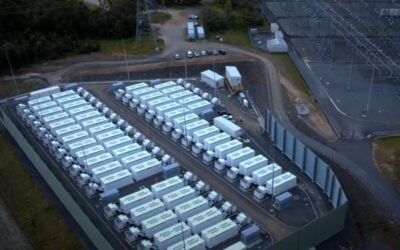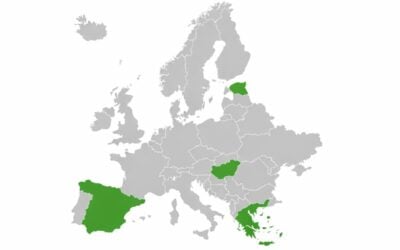
The Australian body in charge of promoting investment in renewables has criticised “heavy-handed” regulation of home energy storage systems in certain states.
The Clean Energy Council (CEC) said proposed requirements to locate all home energy storage systems outside homes in a separate contained unit would risk holding back the industry at a critical stage when it is starting to gain real momentum. Solar storage batteries for households in Australia enjoyed a more than 1000% percent rise in the number of annual installations from 2015 to 2016, according to the consultancy firm SunWiz.
CEC chief executive Kane Thornton said: “Consumer safety is our first priority, and there is nothing to suggest that this requirement would do anything other than throw up unnecessary barriers and red tape around an industry which is poised to make a big contribution to energy security across the country.”
Various media reports have emerged suggesting that regulators are making these restrictive proposals in certain states including Queensland where recommendations have been made to keep batteries in separate locations.
Try Premium for just $1
- Full premium access for the first month at only $1
- Converts to an annual rate after 30 days unless cancelled
- Cancel anytime during the trial period
Premium Benefits
- Expert industry analysis and interviews
- Digital access to PV Tech Power journal
- Exclusive event discounts
Or get the full Premium subscription right away
Or continue reading this article for free
Thornton said such restrictions would be unnecessary as long as home storage systems meet robust international standards and are installed by an accredited installer. Thornton was all for having a clear framework to regulate home batteries, but hit back at the “over-zealous approach” currently touted in some states.
Thornton cited the CEC’s development of the first energy storage installation guidelines and the requirement for accredited solar installers to do additional training to be able to install home battery units.
“This is an exciting technology and we should be doing everything we can to encourage more widespread use rather than putting on the brakes before it properly gets going,” he added.





